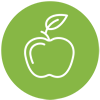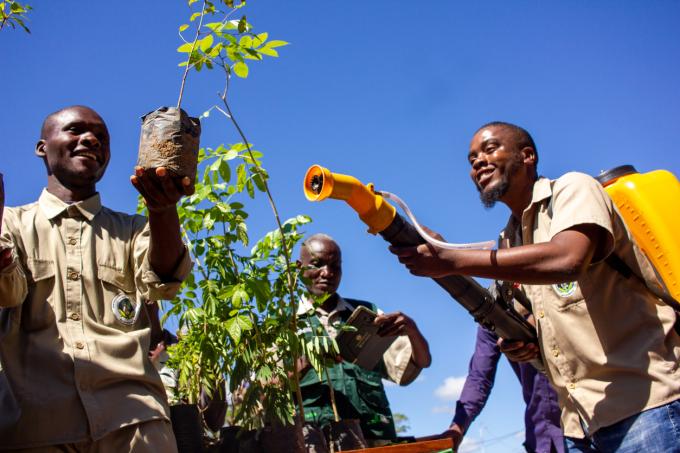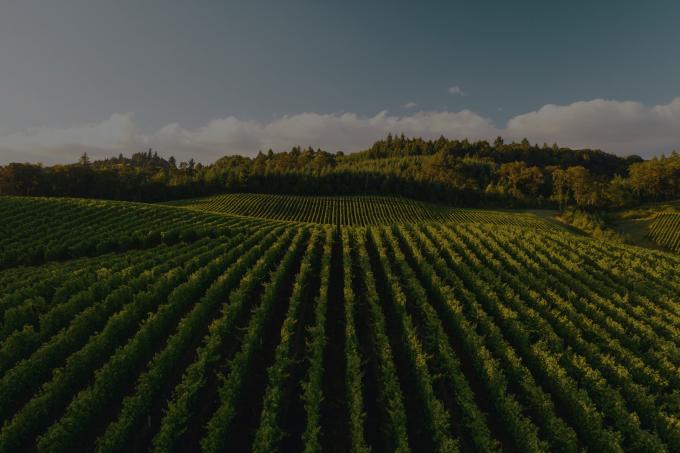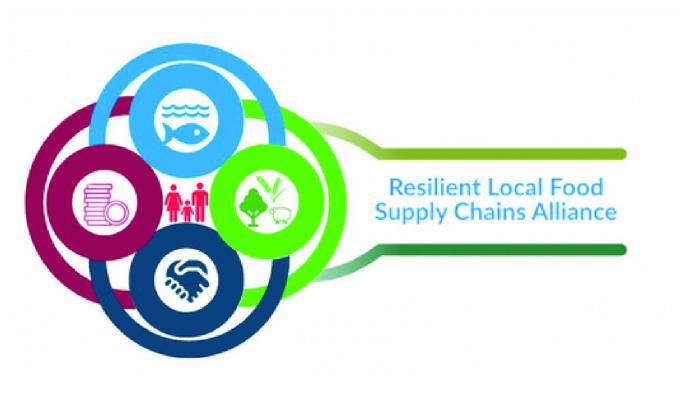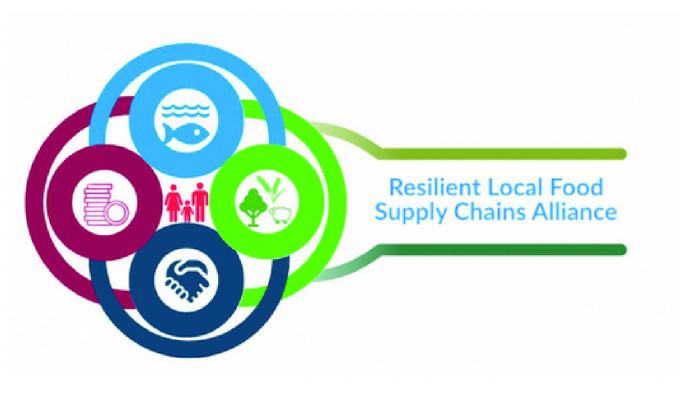GOOD PRACTICE

Empowering women through Toogga oil: sustainable development and community resilience in Mauritania's Sahel region
Mauritania
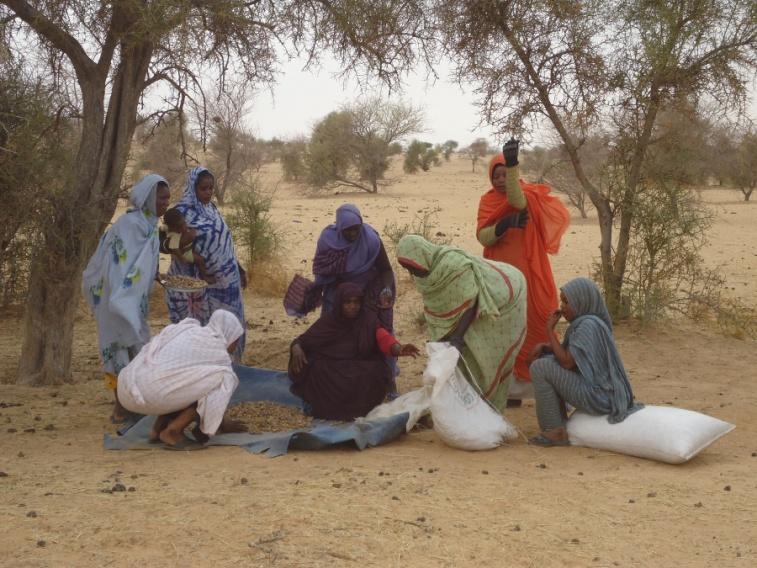
The women-led Badely cooperative in Mauritania uplifted its community by producing Toogga oil, a natural and organic skincare and nutritional product, while ensuring the preservation of the Balanite tree and empowering their own lives. Inspired by the success of Morocco's argan oil, this initiative gained access to resources, training, and markets with the support of international bodies.
You must be registered to see all the content
In Mauritania, about 94.89% of the population is sedentary, while nomads represent only 5.11%, according to the latest census data. The inhabitants of rural areas represent 61.94% of the population and include nomads and sedentary rural people (56.83%), defined, according to the National Office of Statistics (ONS), as being the inhabitants of all localities with less than 5000 inhabitants. The rural area is home to about three quarters (74.8%) of the country's poor. Statistics on women in general and on rural women in particular are often deficient and incomplete. However, there are some sources of statistical information that provide, to varying degrees, interesting indicators relating to this audience (51%). In rural areas, the women need nutrition, awareness and training to overcome unemployment.
Cooperatives are a powerful vehicle that can create jobs and opportunities for men and women in the Sahel and as a group-based enterprise, they allow greater economic, community and voluntary group participation. Starting from a pre-existing informal group, the Women Harvesters Cooperative of Badely was created on July 09, 2013 by decree n° 1219 of the Ministry of Rural Development and registered under number 25841 of 09/07/2013. Its head office is located at a place called Badely, near Aleg, capital of the Wilaya of Brakna (Mauritania).
This cooperative is composed almost entirely of members of the same family. These are three sisters and two generations of their descendants. It brings together 24 women, all mothers of large families, most often raising their children alone. The women of this cooperative belong to the H’ratine community, former slaves or descendants of slaves. In general, it is an agricultural cooperative led by women and whose objective is to pick wild fruits in order to value and transform them to make them a source of income for them and for their families while respecting the environment. and being part of a sustainable development approach.
The Cooperative of Badely was created by toogga project, a project which included several aspects: economic, social, environmental and scientific. At the economic level, it aims to create added value and develop the "made in Mauritania" by developing product lines from neglected or little used fruits. On the social level, the goal is to create sources of income accessible to the poorest and in particular to women from H'ratine communities.The environmental aspect of the project lies in the awareness, by the populations, of the fact that the immediate nature must be preserved, because it constitutes a sustainable and accessible source of income. As for the scientific aspect, it is a question of analysing and providing information on plants that are not always well known or well documented.
Some time after the launch of the first communication actions by “Toogga Sarl”, at least two multilateral cooperation organizations expressed their interest in the project and their willingness to help the cooperative. These are the United Nations Development Program (UNDP), two of its programs, namely the Poverty and Environment Initiative (PEI) and the GEF Small Grants Programme, on the one hand, and the African Development Foundation in the United States (USADF), on the other hand.
The idea of promoting the toogga oil, or balanite oil, came from observing what Moroccans have managed to do with argan. About twenty years ago, the argan tree was in a situation very similar to that of Balanites today. Toogga oil, prepared according to these traditional methods, is used for food but also for body care.The scheme adopted by the organizers of the toogga project was to set up cooperatives of women (Cooperative of Badely), especially women who live in extreme poverty, those who will be entrusted with the tasks of collecting and preparing the fruits. These tasks are of three types: picking (respecting the integrity of the tree), pulping and crushing (extraction of the bean). The traditional method consists of breaking the core between two stones at the risk of injury to the fingers. The solution found by “Toogga Sarl” was a manual crusher that looks like a nutcracker. This choice was adopted for its simplicity and the robustness of the small machines it requires.
In return, the owners of the "Toogga Sarl" project undertake the process of extracting oil from the beans, making cosmetics in their own factories and laboratories, and marketing the product in the local and foreign markets.
The support the cooperative received was used by international bodies, to fence off the field owned by the members of the cooperative, to construct a production building, to bring water and electricity (solar energy) to this building, to supply the community store, to purchase two traveling cars and to provide basic management training for the benefit of the members of the cooperative.
They were provided with the means of production allowing them to secure income by selling to "Toogga Sarl" and also by marketing their horticultural and small livestock activities. The cooperative and its members became able to manage their own affairs, which had a clear impact on the food security of their families and their affiliated communities.
For example, in 2016, the Badely cooperative sold more than 5 tons of fruit to "Toogga Sarl", with a turnover of three million ouguiyas.




